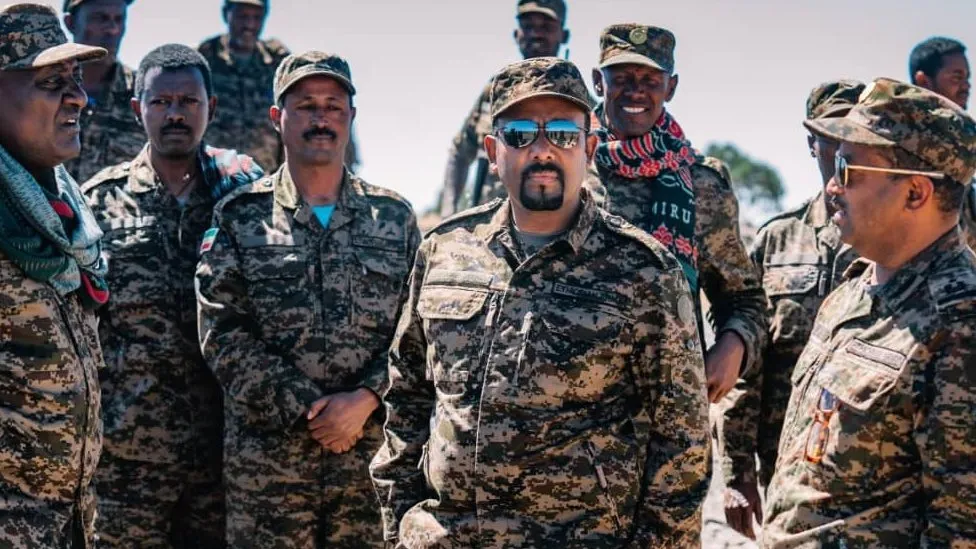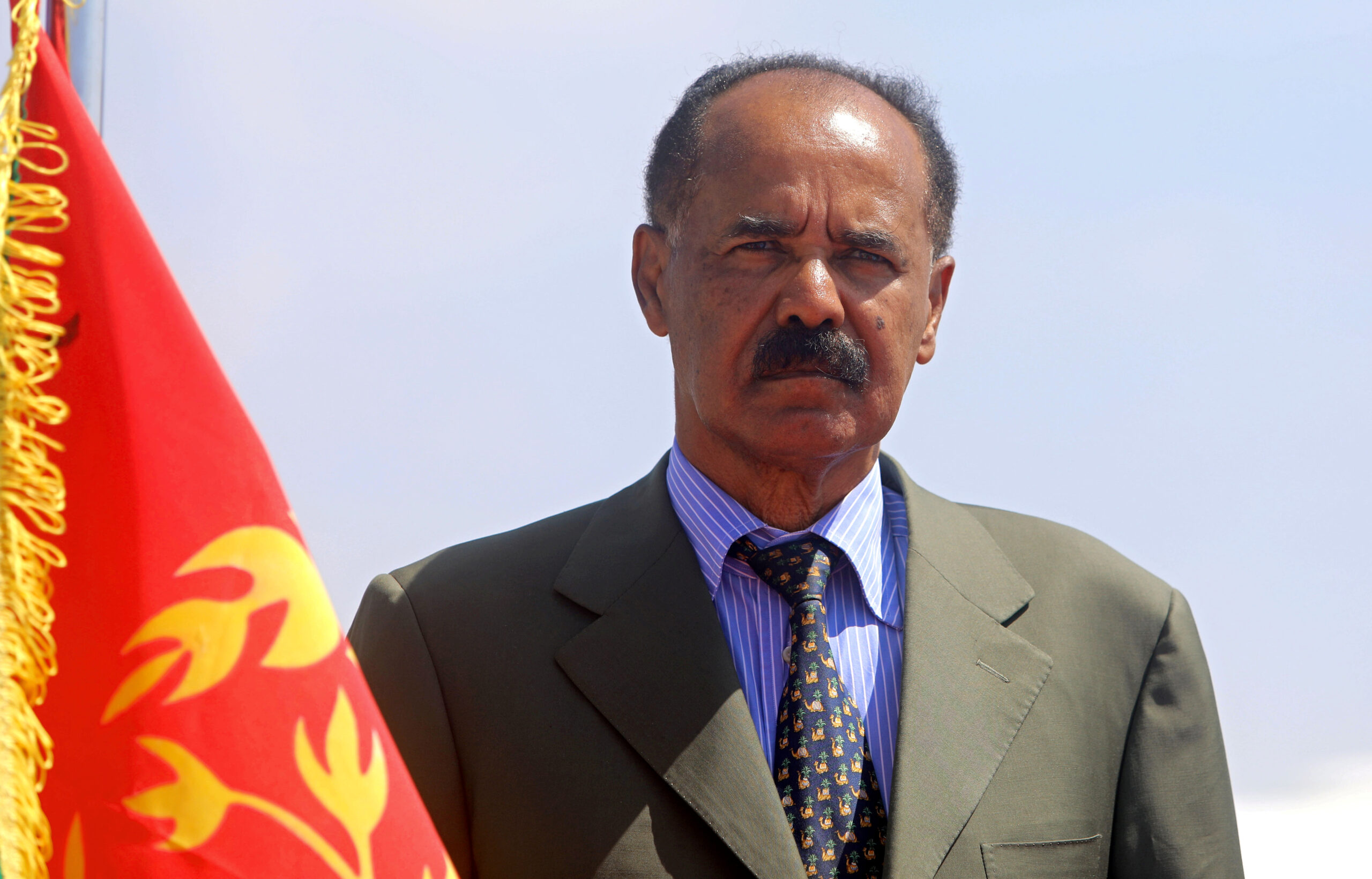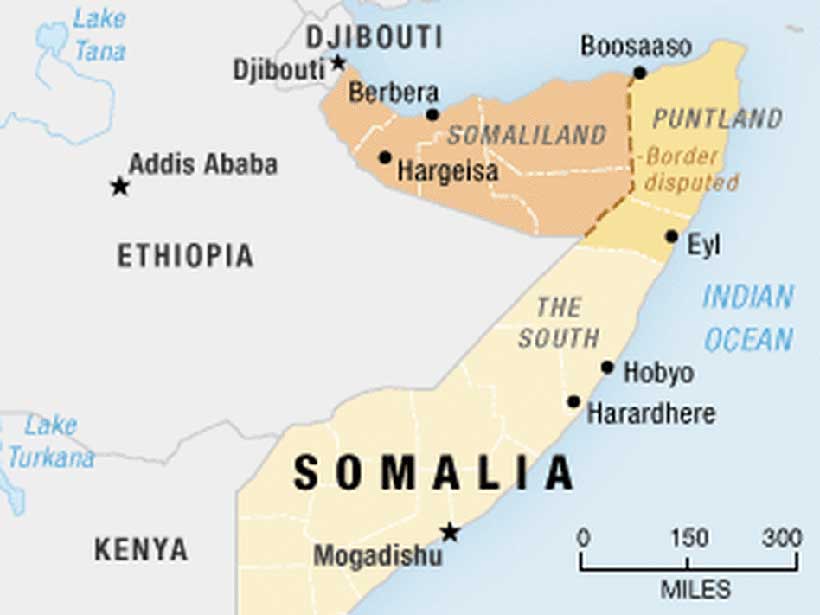By José Carlos Palma*


The Horn of Africa, a strategic region at the intersection of Africa, Asia, and the Middle East, has long been a hotbed of conflict and instability. Recent years have seen a resurgence of violence in the region, with several countries grappling with armed insurgencies, territorial disputes, and political unrest.
Ethiopian Civil War: A Prolonged and Devastating Conflict

The epicenter of the current crisis lies in Ethiopia, where a civil war has raged for over two years between the government of Prime Minister Abiy Ahmed and the Tigrayan People’s Liberation Front (TPLF). The conflict has caused widespread devastation, displacing millions of people and triggering a humanitarian crisis.
In recent months, the TPLF has made significant gains in the northern Tigray region, capturing key strategic towns and reopening the main highway to the regional capital, Mekelle. The government has responded with airstrikes and a ground offensive, but the outcome of the war remains uncertain.
Somalia: A Fragile State Facing Multiple Challenges

Somalia, a country plagued by decades of civil war and political instability, is struggling to consolidate its fragile peace. The Somali government, backed by the African Union Mission in Somalia (AMISOM), is still battling Al-Shabaab, an Islamist extremist group linked to al-Qaeda.

Al-Shabaab continues to control large swathes of rural Somalia, carrying out regular attacks against government forces, civilians, and international targets. The group’s insurgency poses a major threat to Somalia’s stability and development.
Djibouti: A Strategic Hub Caught in the Crossfire

Djibouti, a strategically located country at the entrance to the Red Sea, is home to a major French military base and several other foreign military installations. The country has emerged as a key player in the Horn of Africa, but it is also facing security challenges.
In recent years, Djibouti has been drawn into the conflict in neighboring Ethiopia, hosting refugees from the civil war and providing support to the Ethiopian government. The country is also wary of the growing influence of its neighbors, Eritrea, Somalia, and Somaliland.
Eritrea: A Contested Territory and a Troubled Past

Eritrea, which gained independence from Ethiopia in 1993, remains a highly militarized state with a troubled past. The country is ruled by President Isaias Afwerki, who has been criticized for his authoritarian rule and human rights abuses.
Eritrea’s relationship with Ethiopia is complex and fraught with tension. The two countries fought a border war in 1998-2000, and there are ongoing disputes over the demarcation of their shared border.
Somaliland: A De Facto State Seeking Recognition

Somaliland, a self-declared republic in northwestern Somalia, has been in a state of de facto independence since 1991. The region has made significant progress in establishing its government and institutions, but it remains unrecognized by the international community.
Somaliland’s quest for recognition is complicated by the ongoing conflict in Somalia and the reluctance of neighboring countries to upset the delicate balance of power in the Horn of Africa.
Conclusion: A Region in Turmoil
The Horn of Africa is a region in turmoil, facing a multitude of challenges, including civil wars, insurgencies, territorial disputes, and political instability. The future of the region is uncertain, and there is a risk that the current instability could escalate into a wider conflict.
The international community has a responsibility to address the root causes of conflict in the Horn of Africa and support efforts to promote peace and stability. Investing in development, strengthening governance, and promoting regional cooperation are essential steps towards a more peaceful and prosperous Horn of Africa.
* Expert in international relations, such as foreign policy, international trade, domestic security, international security, developing nations, domestic security, intelligence, IT Consultant, world history, political consultant, and military analysis.
The International Studies of Strategic and Geopolitics (ISSG) is a not-for-profit policy research organization dedicated to studying the world’s greatest challenges.
